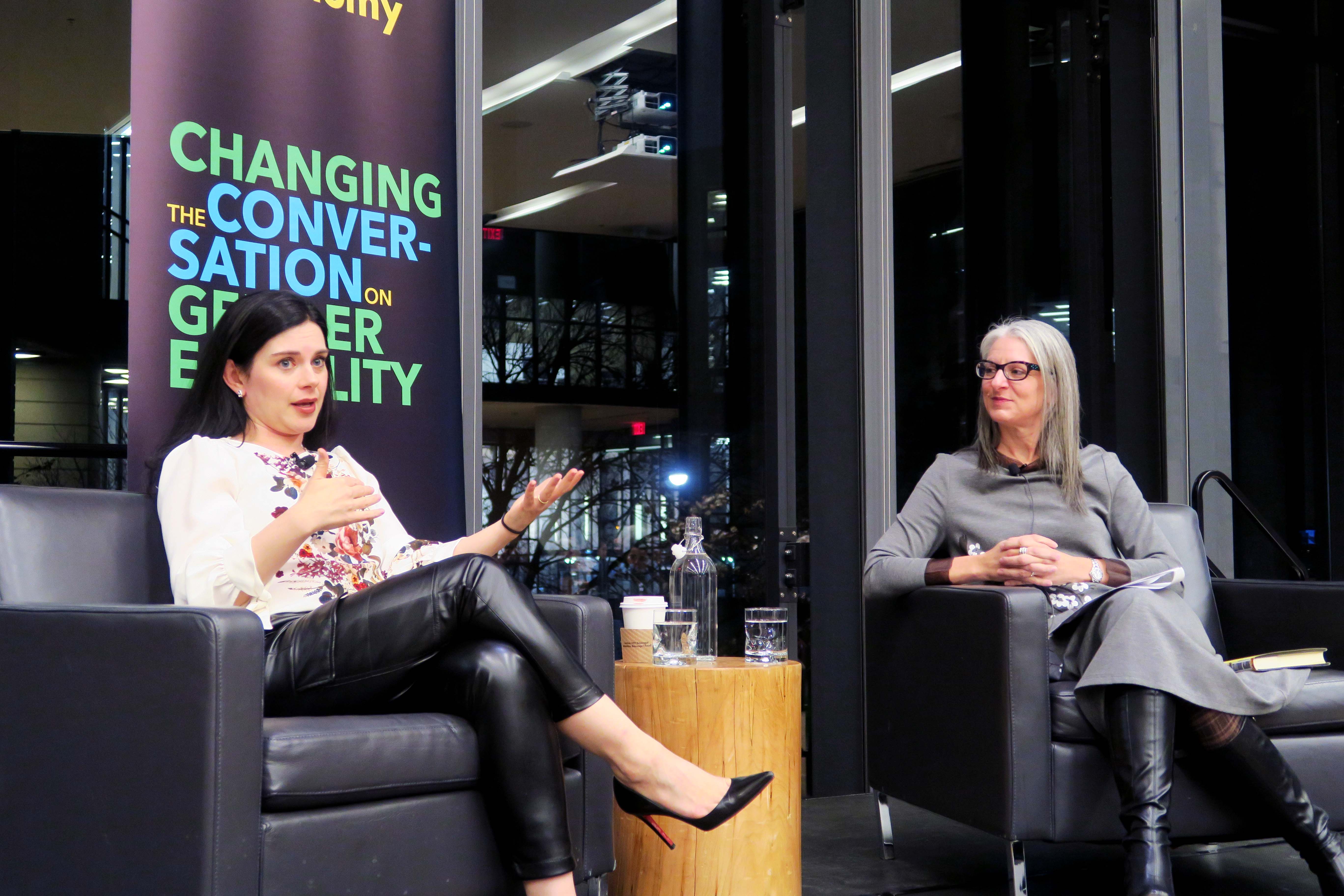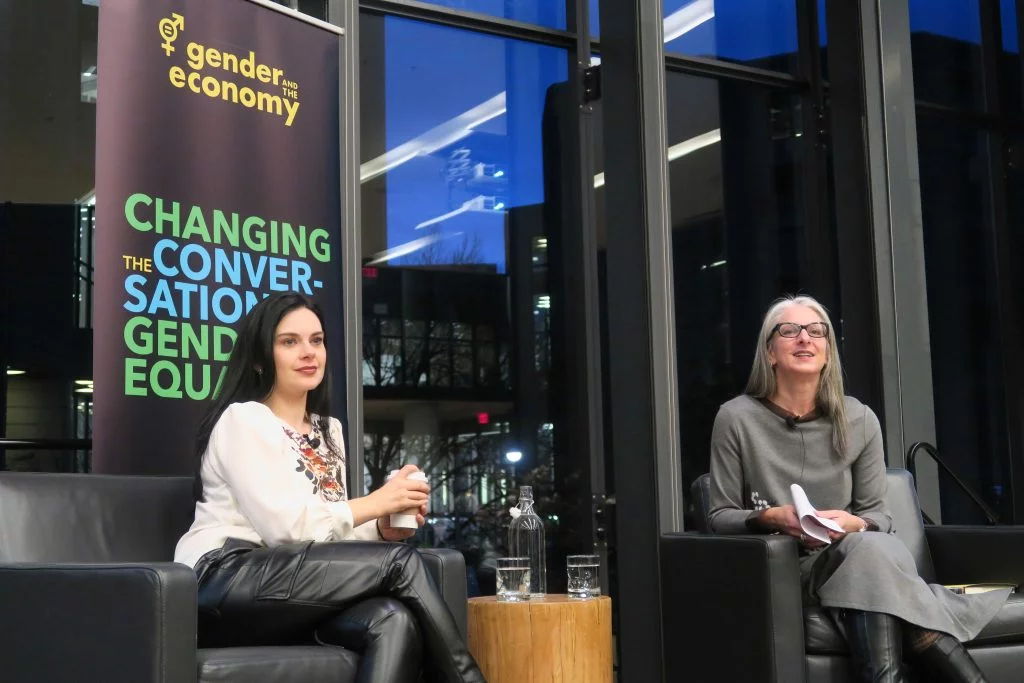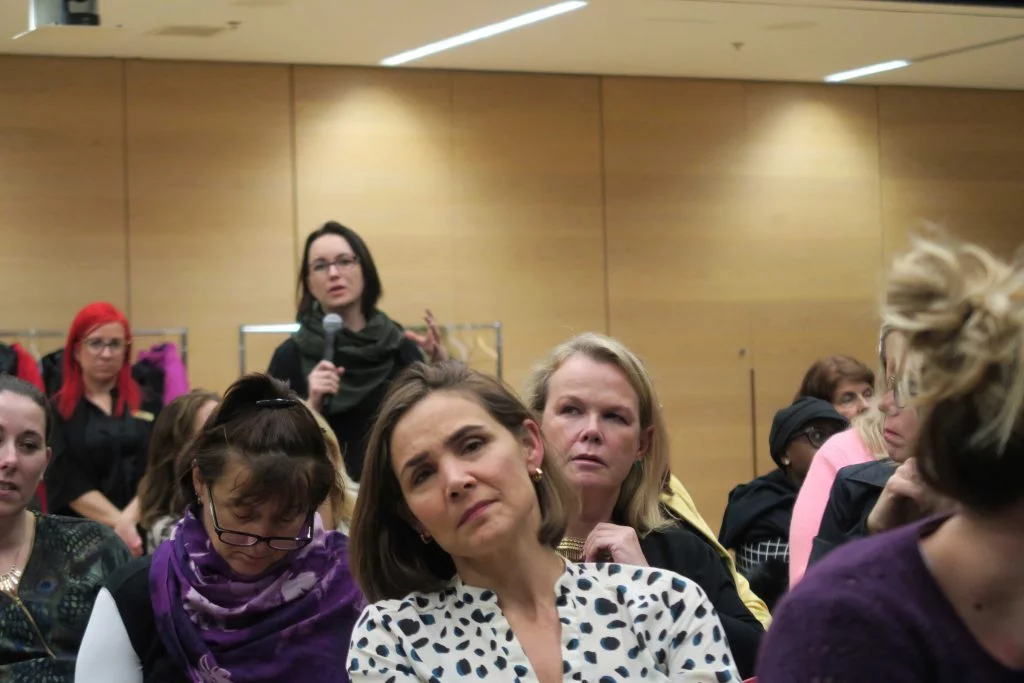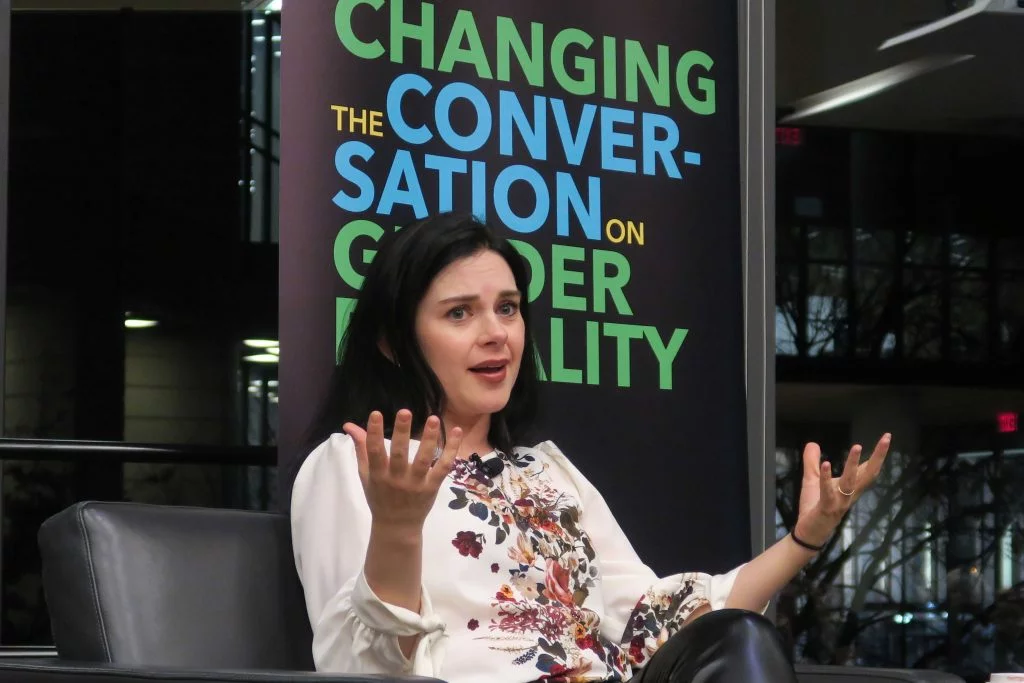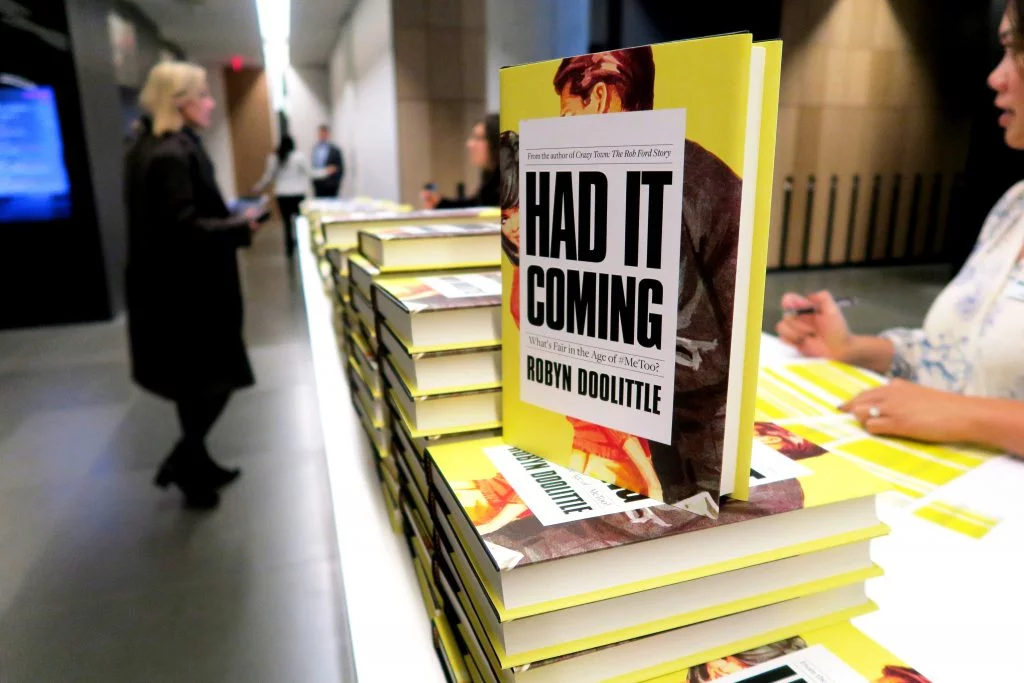Canada has the most progressive sexual assault laws in the developed world, yet the system is failing victims at every stage. To commemorate the 16 Days of Activism Against Gender-Based Violence, GATE hosted investigative journalist and author of Had it Coming: What’s Fair in the Age of #MeToo?, Robyn Doolittle, on November 27, at the Rotman School of Management.
Doolittle began the conversation by reflecting on her own experience with rape culture during the 2003 Kobe Bryant sexual assault trial and how at the time, she herself, questioned the alleged victim’s motives. Rape culture is cemented by a foundation of skepticism and blame. In order to dismantle this, she believes that we must interrogate our own views and question why we have them.
“As a culture we aren’t very good at having nuanced, complicated discussions about gender-based violence.”
Is the justice system rigged against sexual assault victims?
At the time of the 2014 Jian Ghomeshi trials, Doolittle’s investigation found that Canada’s laws are actually some of the best in the world, and Canada has an affirmative consent standard. Doolittle explains that in Canada “you do not need to say no for it to be a sexual assault. You need to indicate yes”.
The issue of “consent” figures largely in Doolittle’s work: not only is the public confused about what it means, but an astounding number of police officers and judges themselves do not understand Canadian consent law. Further compounding this issue, many of the professionals who deal directly with assault cases do not have a thorough understanding of trauma, and how trauma can affect memory and behaviour. According to Doolittle, “the laws are not the problem. It’s that they are not being enforced and why aren’t they being enforced”.
Does workplace culture enable harassment?
According to a finding in Doolittle’s new book, 94% of post #MeToo executives think harassment is not a problem for their organization, despite evidence to the contrary. Doolittle suggests that companies are afraid to open themselves up to liability if they acknowledge the “bad actors”. Organizations believe that it is better for the bottom line to dismiss the problem.
“If you don’t deal with all the little things on the way to the really bad things, the bad things aren’t going to fix themselves.”
In order for organizations to move forward in the age of #MeToo, Doolittle believes that they must chip away at their culture, introduce more women, and offer better reporting systems.



